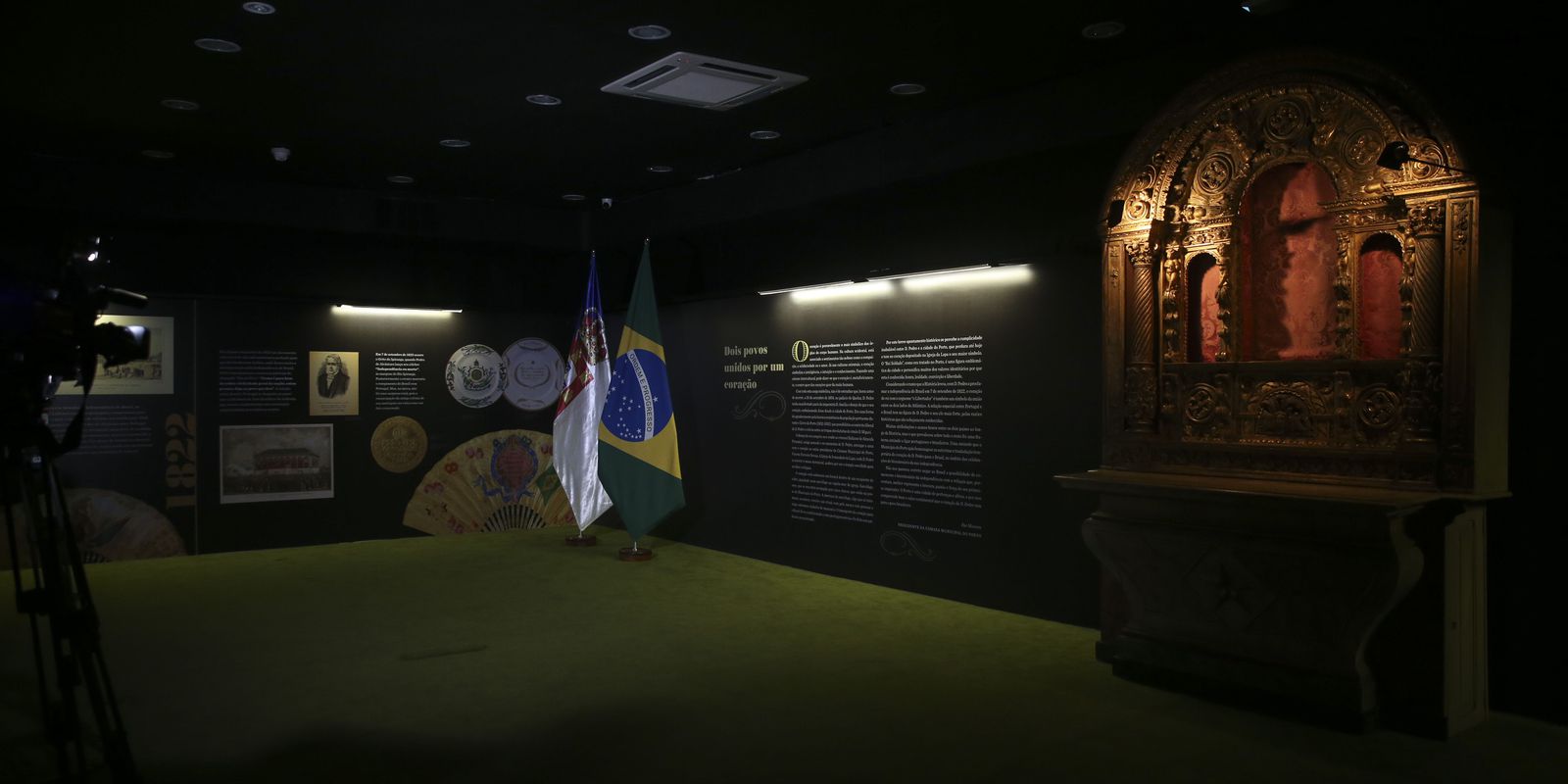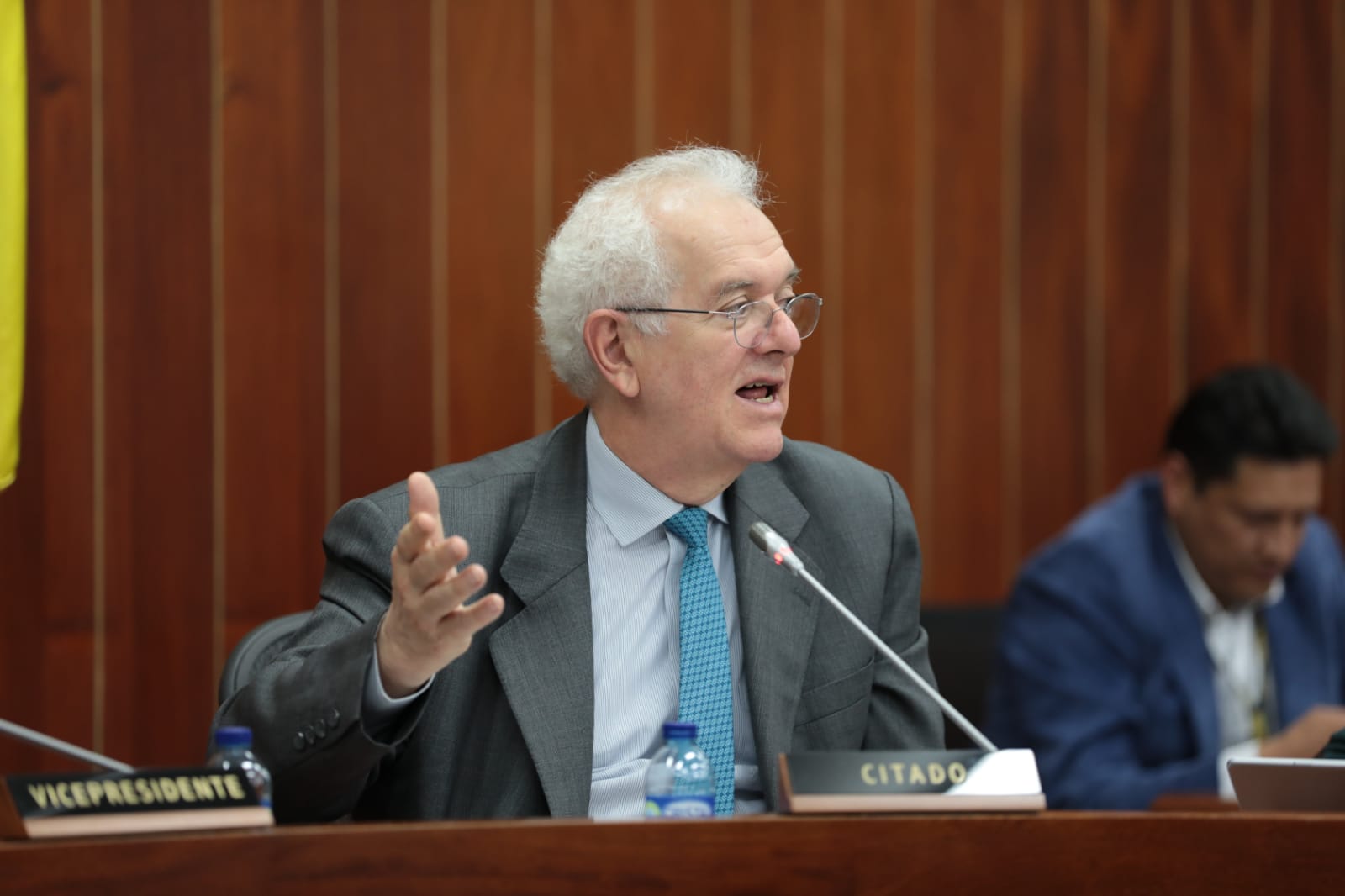Brazil will receive, in the midst of the celebrations of 200 years of independence, the heart of D. Pedro I, its first emperor. The arrival of the “symbol of historical affections between Brazil and Portugal”, according to Ambassador George Monteiro Prata, from Itamaraty, is scheduled for 9 am.
“The emperor’s heart will be received with all state honors, following the same ritual dispensed during visits by heads of other countries. He will be treated as if D. Pedro I were alive among us”, added the head of ceremonial at Itamaraty, Minister Alan Coelho de Selos. Between arrival and the ceremony scheduled for the following day at Palácio do Planalto, the heart will be kept in the Itamaraty itself
The ceremonies will begin on the 23rd and include an arrival ceremony at the Planalto Palace, with the right to climb the ramp amid military honors, including the participation of the Dragons of Independence and the presentation of hymns. “Among these hymns is the National Anthem, which was composed by D. Pedro I himself”, explained Minister Selos.
After the ceremony on the Planalto, the emperor’s heart returns to the Itamaraty, where it will initially be exposed to authorities and guests from the diplomatic corps, in the Sala Santiago Dantas, which is air-conditioned to serve as an exhibition and crypt. Among the guests are members of the imperial family.
For the 24th, a special press visit to the site is scheduled. “In the following days, it will be open to scheduled visits by students from schools in the Federal District, especially public ones. On weekends, visitation will be open to the public, in general tourists who usually visit the palace,” added Selos.
Negotiations
Ambassador Monteiro Prata was one of the coordinators appointed by Itamaraty to participate in the negotiations, with the aim of bringing the emperor’s heart to Brazil for the celebrations of the bicentennial of independence.
The Brazilian missions to Portugal had to negotiate with the City Council of the city of Porto, to whom the emperor’s heart was donated in gratitude for the political support given by the province in matters involving the succession to the Portuguese throne. Negotiations were also necessary with the Nossa Senhora da Lapa Church, which is responsible for guarding the heart.
“After the unanimous approval of the municipal assembly, we had to settle many technical details for transport and storage, in order to guarantee the integrity of the body”, says Monteiro Prata.
Among the requests made by the Portuguese is that the heart not be transported as cargo, but in the passenger cabin. To ensure that the relic remains in good condition, several procedures will be adopted to ensure adequate conditions of temperature, pressure and lighting.
crypt and urn
The organ, weighing about nine kilos, can only be seen when it is inside the crypt set up at the Itamaraty, inside a glass capsule. In external actions, the capsule will be inside an ambula (a kind of chalice) of golden silver, covered by a wooden urn.
In Brazil, the heart of D. Pedro I will be accompanied by the mayor of Porto, a position that is equivalent to that of mayor in Brazil. On Brazilian soil, protection will be the responsibility of the Federal Police and the Armed Forces.
On September 7, the date of Brazil’s independence, the heart will be at an event, alongside other invited heads of state. The return to Portugal is scheduled for the 8th of September, arriving in the city of Porto on the 9th.
Symbol of affection
The Itamaraty does not know how to specify the total expense to bring the relic to Brazil, but guarantees that the costs were not high, being close to those usually incurred with visits by heads of state.
“Having the heart of D. Pedro I with us, in the celebrations of 200 years of independence, is something whose meaning varies from person to person. Each Brazilian will have their own way of seeing what this will all mean”, said Ambassador Monteiro Prata.
“But, as we all know, the heart is a sentimental symbol. In this case, the symbol of heritage and affection between Portuguese and Brazilians”, he added.









